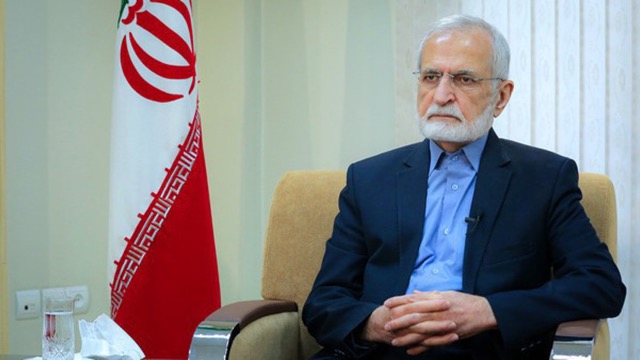Tensions in the Middle East escalated further today as Iran issued a stark warning to Israel amid the ongoing conflict between Israel and Hamas in Gaza. The warning came in the form of a statement from Iranian officials, indicating a potential nuclear threat against Israel, adding a new dimension to an already volatile situation.
The statement, delivered by a spokesperson for Iran’s government, accused Israel of “aggression” and warned that if Israel did not cease its attacks on Gaza immediately, Iran would take unspecified action to defend Palestinian rights. While the statement did not explicitly mention Iran’s nuclear capabilities, the implication of such a threat sent shockwaves through the region.
The timing of Iran’s warning is particularly concerning, coming as Israel continues its military campaign against Hamas in response to rocket attacks launched from Gaza. The conflict, which has been ongoing for over a week, has already resulted in significant casualties on both sides and raised fears of a wider regional conflagration.
More Read
Israeli officials reacted swiftly to Iran’s warning, with Prime Minister Benjamin Netanyahu labeling it as “reckless” and vowing to do whatever is necessary to protect Israel’s security. Netanyahu also called on the international community to condemn Iran’s actions and impose further sanctions on the regime.
The United States, a key ally of Israel, also condemned Iran’s statement, calling it “unacceptable” and reaffirming its commitment to Israel’s security. Secretary of State Antony Blinken reiterated the U.S. stance that Iran must not be allowed to develop nuclear weapons and called for a de-escalation of tensions in the region.
Meanwhile, Hamas, the militant group controlling Gaza, welcomed Iran’s warning to Israel, describing it as a “message of solidarity” with the Palestinian cause. Hamas has been firing rockets into Israeli territory throughout the conflict, leading to retaliatory airstrikes by the Israeli military.
The situation remains highly precarious, with the potential for further escalation looming large. The involvement of Iran, a major regional power with its own nuclear ambitions, adds a dangerous new element to an already complex and volatile conflict.
International efforts to broker a ceasefire between Israel and Hamas have so far been unsuccessful, raising concerns that the violence could continue to escalate in the days ahead. With Iran now issuing nuclear threats against Israel, the stakes have never been higher, and the need for a diplomatic resolution to the conflict has become more urgent than ever.












